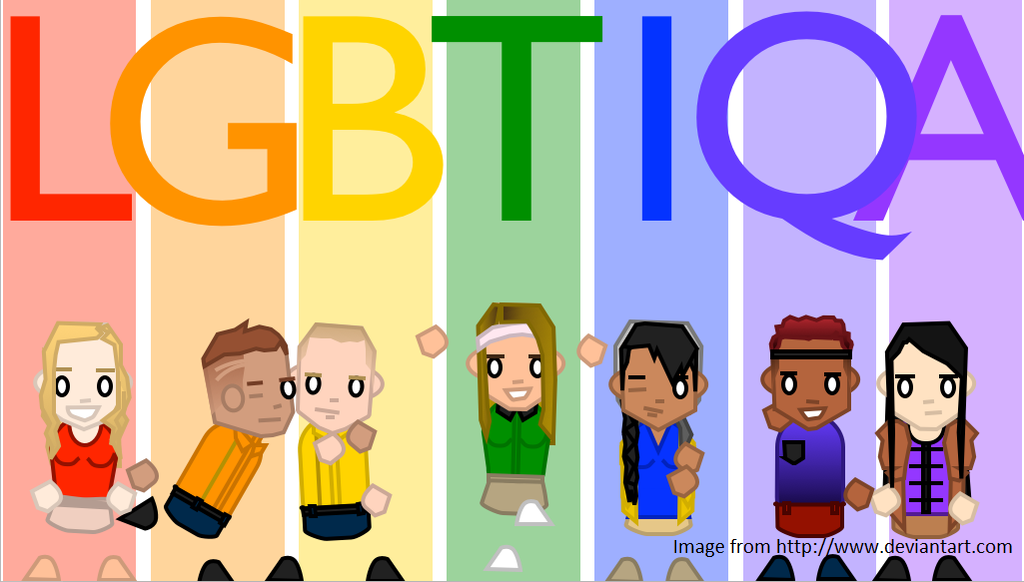Children and the sexuality continuum

Vandita Morarka leads policy initiatives, legal research and United Nations liaison work at Safecity. She is a policy professional who holds an MA Hons. in Public Policy and has worked extensively with politicians, government bodies, organisations and philanthropists towards development projects. Vandita identifies strongly as a feminist and her areas of interest include human rights law, development policy, gender justice and legal reform. She is passionate towards creating a gender just and more equitable world and hopes to find solutions to pressing needs through a mix of law, policy and people willing to fight hard enough to change the status quo. Vandita enjoys travel, adventure sports and can be found immersed in reading at most times. She is currently also pursuing her LL.B from GLC, Mumbai.
Children and the sexuality continuum
Sexuality is not a rigid idea. A person can have sexual desires directed towards people of several genders or not have any such sexual desires at all. For effective parenting there is an immediate need to understand and address that sexuality is a continuum. Forcing your child to believe that sexuality is a rigid notion that you decide for them could alienate them not only from you but also from their own body and can lead to several mental health and physical issues. Several research studies have found that suicide rates are higher amongst LGBTQQ (Lesbian, Gay, Bisexual, Trans, Queer and Questioning) youth as compared to heterosexual youth.
The lack of understanding and support from their immediate family, friends and society is a constant pressure that the person must bear. Now think of this in context of a child, a child who is just on the verge of exploring her sexuality when she hears her mother tell someone how sexual attraction towards the same sex is abnormal. This same child may one day feel such attraction or may have been feeling sexual attraction towards another girl, and the words of her parent will constantly remind her that, part of her i.e. her sexuality, is not accepted by them.
Careless words, a rigid attitude and the lack of acceptance of anything different is pushing people of different sexualities towards drugs, depression and suicide.
What do parents need to do to equip themselves to be more aware and understanding of sexuality and supportive of children and youth across sexualities?
- Educate yourself: Learn about different sexualities so you know that sexual attraction and desires exist in many forms. You need to understand that the child you have or you may have can be of any sexuality. Most importantly learn that sexuality is not a choice. Your child cannot choose to be of a certain sexuality, their sexual desires are what they are and you must accept them. Acquaint yourself with terminology if need be, join collectives that educate people on related issues or read the massive material available online that backs what your child is saying about their sexuality. An individual has the right to decide their own sexuality is something everyone has to learn. [Some key words to look up: Homosexual, Asexual, Bisexual – start from here!]
- Inform your child: Have an inclusive sex talk with your child, explain various sexualities to them and be as open and encouraging as you can. Even before you discuss sex and sexual desires with your child, make your home an inclusive one. Do not demean certain sexualities in passing or do not use certain sexualities as insults by themselves – children pick up on these cues and it will leave a lasting impact on them. If you have a child who is heterosexual, teach them about various sexualities and normalize each one of them. Normalize the idea that someone may be sexually attracted to people of multiple genders and that someone else may not be sexually attracted to anyone at all. Ensuring that heterosexual children are accepting of this will ensure a more inclusive society as well. Educating all children on this is important.
- Be supportive: Practice the inclusion you want to be teaching your child. Ensure your home is a safe space for your child to be open about their sexuality, do not ever create a situation where a child needs to ‘come out’ to you, let the option of each or multiple sexualities be as common as the other in your home. Your child does not need a doctor or therapist, your child needs your love and support.
- Create awareness: Being aware yourself, make an effort to reach out to others to educate them. Remember this is the society your child or that of another is going to grow up in and that each one of us needs to make an attempt to make this society more inclusive for everybody. Discuss this with your peer group, colleagues at work, other parents at school or just forward such reading material to other people you know who could benefit from reading this – spreading awareness is key!
- Sexuality is a continuum for everyone, not just your own child: Always remember this. Even if you are reading this as a parent of a heterosexual child, learn to adopt these practices so you can make the social space you occupy more inclusive and safer for all children.
Opinions expressed are of the writer.


